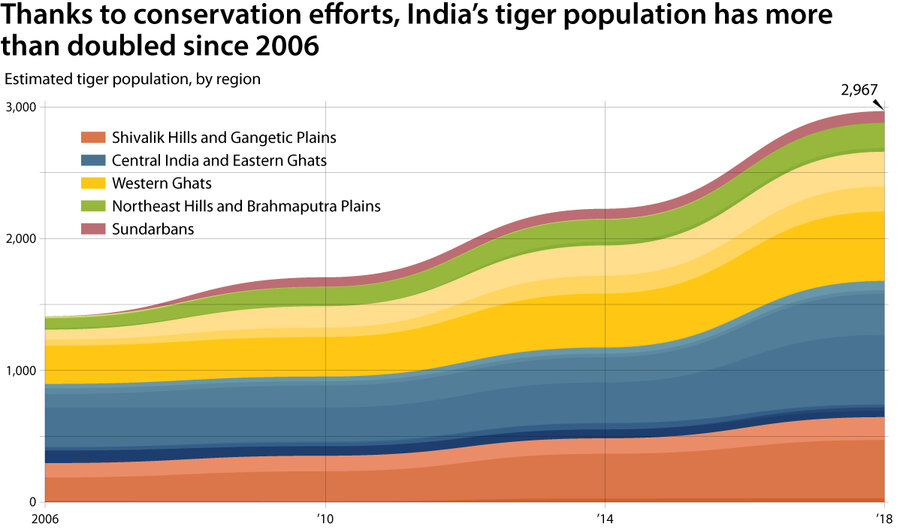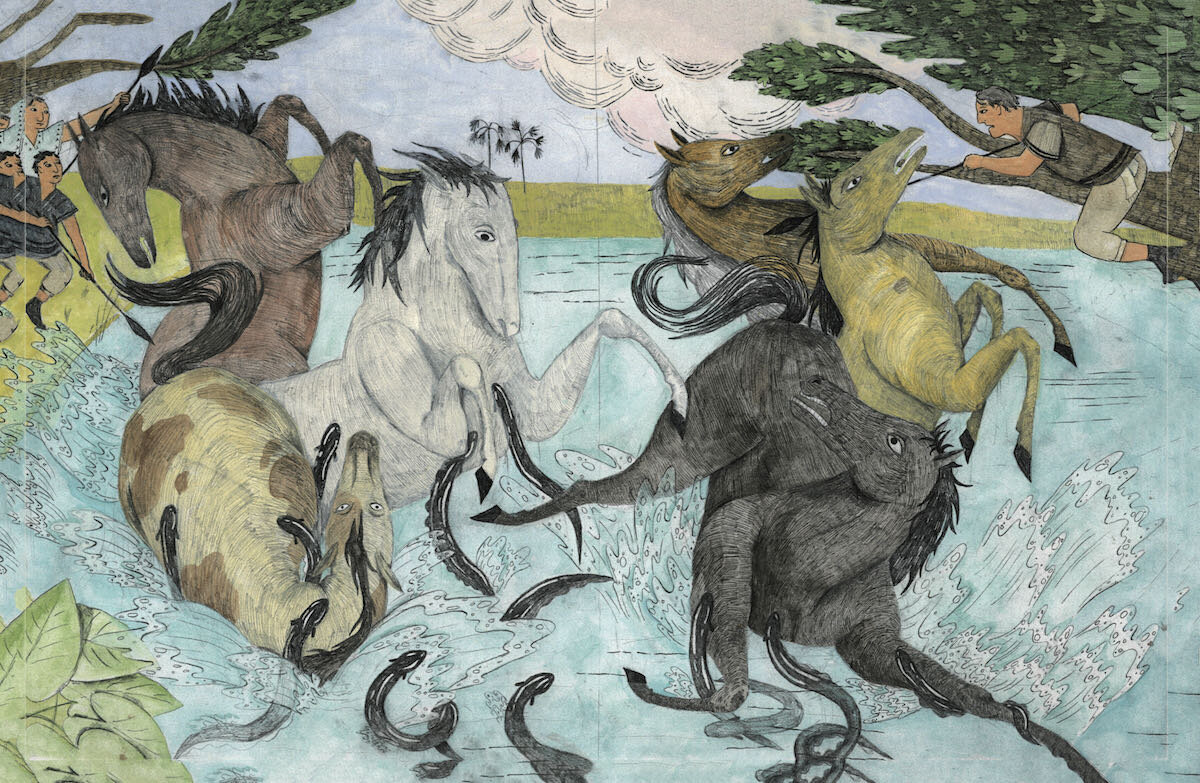Debates are meant to help voters make informed decisions. Are the next two Democratic TV debates likely to help?
Monitor Daily Podcast
- Follow us:
- Apple Podcasts
- Spotify
- RSS Feed
- Download
 David Clark Scott
David Clark Scott
In today’s edition we’ll explore leadership (the Democratic debates), equity (San Francisco evictions), community (Salem, New Hampshire), progress (India’s tigers), and creativity (father of environmentalism).
But first, in an age of fleeting digital effervescence, “Old Town Road” is a tribute to durability. It’s a study in longevity. It’s as if rapper Lil Nas X has a Ph.D. from the Madonna School of Reinvention and Relevance.
On Monday, “Old Town Road” became the longest-running No. 1 song of all time, with 17 consecutive weeks atop Billboard’s Hot 100. It surpassed the 16-week record held by “One Sweet Day” by Mariah Carey and Boyz II Men in 1995, and the 2017 hit “Despacito.”
Yes, Montero Lamar Hill offers us a master class in pop cultural endurance. The journey began with a race-tinged controversy over whether this was a rap song or a country song. A remix response with country singer Billy Ray Cyrus took off. “Old Town” has had “a wacky and yet logical progression from cause célèbre to fluke hit to undisputed 2019 Song of Summer,” writes Rob Harvilla at The Ringer.
The success formula includes the deft use of social media and the release of four remixes, the latest with a South Korean rapper, each tapping into a new audience. As long as the lyrics don’t change much, Billboard considers a remix the same song.
Tip of a cowboy hat to the brilliantly creative rapper from Atlanta. Lil Nas X may be a one-hit wonder, but the ride isn’t over yet.











